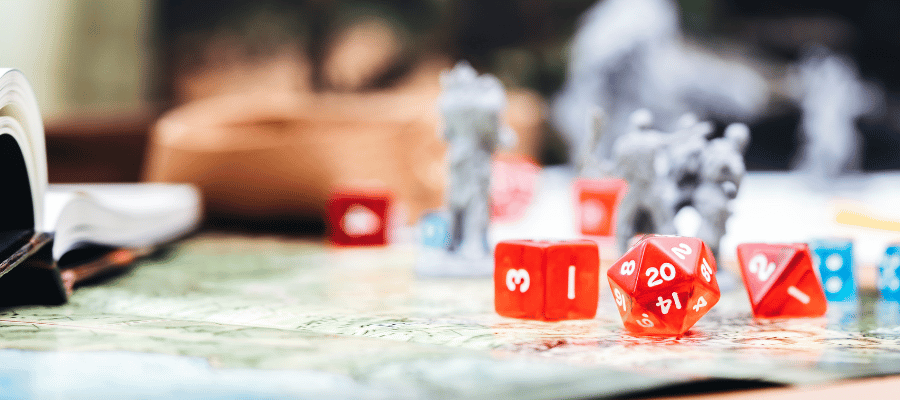How to Legally Protect your Board Game with Intellectual Property Law

Table of Contents:
Say there is a game that’s been around. A lot of people are familiar with it. No one has made a board game out of it. How do you protect something that everyone knows but no one is actually selling?
In protecting board games, you have the following options to consider:
Copyright Law
Copyrights can protect original artistic expressions embedded in the game, like illustrations or even the layout of the board.
Copyright does not protect the idea for a game, its name or title, or the method or methods for playing it. Nor does copyright protect any idea, system, method, device, or trademark material involved in developing, merchandising, or playing a game.
Once a game has been made public, nothing in the copyright law prevents others from developing another game based on similar principles. Copyright protects only the particular manner of an author’s expression in literary, artistic, or musical form.Material prepared in connection with a game may be subject to copyright if it contains a sufficient amount of literary or pictorial expression. For example, the text matter describing the rules of the game or the pictorial matter appearing on the gameboard or container may be registrable.
Library of Congress · U.S.Copyright Office · fl-108
Design Patents
Design Patents are particularly useful for protecting ornamental aspects of your board game, such as unique shapes or surface ornamentation.
To register a design patent, your game’s design must be novel and non-obvious. The appearance of the board, the appearance of objects used in the board, and the pattern, shape, and visual appearance of the board game can be protected under a design patent.
A Design Patent will enable you to exclude others from making, selling, or using your patented board design for a period of 14 years, subject to the requirement that your game board is novel and not used for other games.
Work with a patent attorney to determine patentability and to register your game board designs under Design Patent
Trademarks and Trade Dress
Trademarks protect brand identifiers like the name and logo, ensuring that consumers can distinguish your game from others in the market.
Trade Dress goes a step further by protecting the overall look and feel of the product, which can include color schemes, packaging, and even the layout of the game board. Achieving Trade Dress protection requires that your design has acquired “secondary meaning,” where consumers associate the design specifically with your brand.
The name you come up with the board game, and any logo’s associated therewith, are protectable under Trademark law. This will prevent others from making a similar board game using the same name as your board game.
The design of your board can also be registered under Trademark Law as a Trade Dress/product configuration, provided that your board game obtains sufficient recognition and popularity that consumers recognize the board with your brand.
Learn more about Trademark law for board games and Trade Dress protection.

Utility Patents
Utility Patents are ideal for board games that incorporate innovative mechanisms or electronic components. This could range from a unique scoring system implemented through software to a specialized game piece with built-in technology.
If your board game has some software, technology, or electronic function built-in, you may consider a utility patent filing. A Utility Patent will enable you to exclude others from making, selling, or using your patented technology for a period of 20 years. Average Price for a Utility Patent filing ranges from $5000-$6500.
Limitations of Protection
It’s essential to understand that while you can protect various elements of your board game, the underlying game mechanics or rules are generally not protectable. This is because laws aim to encourage innovation and competition. However, you can still protect the specific language or expression used to describe these rules through copyright.
If you are interested in more detail related to your situation it is best to speak with an attorney. Schedule a consultation with one of our experienced Intellectual Property Attorneys regarding your specific needs.
- USPTO’s Semiconductor Technology Pilot Program - December 18, 2023
- First-Time Filer Expedited Examination Pilot Program (FTEEP) - October 17, 2023
- If You’re Making Your Own Board Game, How Do You Protect Your Idea? - October 10, 2023
